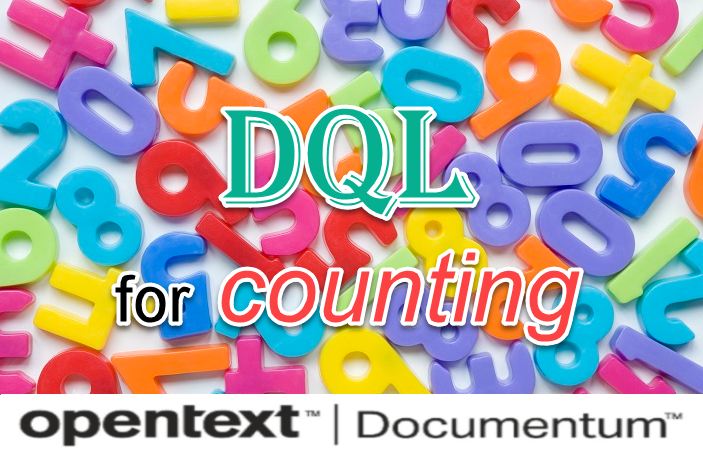
Category: Content Server
Should we upgrade SQL Server 2016 compatibility from level 100 to 130?
Upgrading the compatibility level of your SQL Server 2016 database from 2008 (compatibility level 100) to 2016 (compatibility level 130) can provide significant benefits, including better performance and access to modern features. However, before deciding, it’s important to carefully weigh the pros and cons. Reasons to Upgrade Compatibility Level Potential Risks and Considerations Recommended Approach…
In MS SQL Server, can you run reindex tables in parallel?
Yes, in MS SQL Server, you can run index rebuilds in parallel by using multiple CPU cores, but this is managed internally by SQL Server and depends on a few factors, such as the version of SQL Server, the edition (Enterprise vs. Standard), and system resources like CPU and memory. To explicitly run index rebuilds…
How to identify and resolve SQL Server Index Fragmentation
In this article, we will learn how to identify and resolve Index Fragmentation in SQL Server. Index fragmentation identification and index maintenance are important parts of the database maintenance task. Microsoft SQL Server keeps updating the index statistics with the Insert, Update or Delete activity over the table. The index fragmentation is the index performance…
Why Should We Create Separate Repositories in Documentum for Each Business?
In the world of enterprise content management, Documentum stands out as a robust platform for managing and storing vast amounts of content. When dealing with multiple business units or departments, one important architectural decision is whether to create a single repository for all content or to separate repositories for each business unit. Here, we’ll explore…

So What’s the GOLDEN FIX for Viewer Performance
Sometimes, you will notice this sql is taking over 34 sec instead of 0 sec. select all max(dm_document.r_modify_date) “maxdate” from dm_document_sp dm_document, dm_sysobject_r dm_sysobject_r2, dm_folder_rp dm_folder_r1 where (dm_document.r_object_id = dm_sysobject_r2.r_object_id and dm_sysobject_r2.i_folder_id = dm_folder_r1.r_object_id and dm_folder_r1.i_ancestor_id = ‘0b027183800008b3’) and (dm_document.i_has_folder = 1 and dm_document.i_is_deleted = 0) The original dql for this sql is: select max(r_modify_date)…
Documentum Server – SQL Server general performance best practices guidelines
Summary In Documentum Server, what are the general best practices guidelines for performance tuning of SQL Server databases? This issue was reported in (but may not be limited to): Documentum Server 7.0, 7.1, 7.2, 7.3, 16.4 Resolution Configurations on the SQL Server side Here are the recommended SQL Server configurations, according to our general performance…
What to Do When Content Loads Slowly
Issue: When you try to view a document in the xCP application, it takes some time to load. Root Cause Analysis and Solution: Run the following SQL query, and check how long it will take. This might be the root cause. This query is being called from xCP viewer: select all max(dm_document.r_modify_date) “maxdate” from dm_document_sp…

Increase xCP Application timeout
Summary In Documentum xCP, the standard application timeout value is 30 seconds. It is efficient for most user activities but in some cases it needs to be extended, for example to avoid timeout errors when running large Full Text searches or slow Real Time Queries. How do you increase the xCP Application timeout? This issue…
Webtop to D2 – journey
OpenText™ Documentum™ customers may experience issues with over-customization and extended use of the Webtop interface, a product they’ve relied on for 10-15 years. OpenText Documentum D2 offers a modern alternative, designed to enhance productivity and meet the needs of both casual and power users. Upgrading to D2 can provide a more streamlined, future-proof interface for…
Retention Policy Service in Documentum
In Documentum, a Retention Policy Service is a feature that helps organizations manage the lifecycle of their content by defining policies for retaining and eventually disposing of documents and other content items. This service is critical for ensuring compliance with legal, regulatory, and internal policy requirements. Key Features of Retention Policy Service in Documentum: Overall,…
